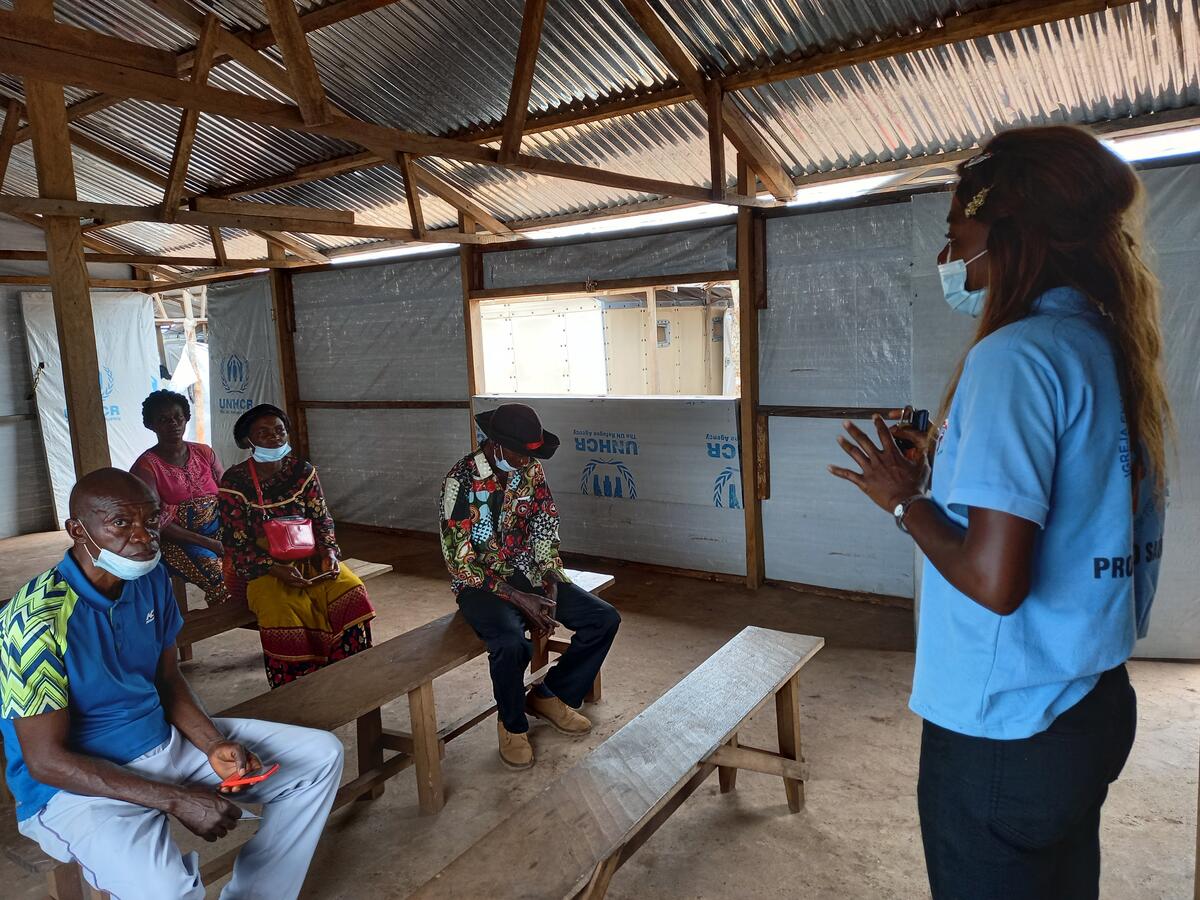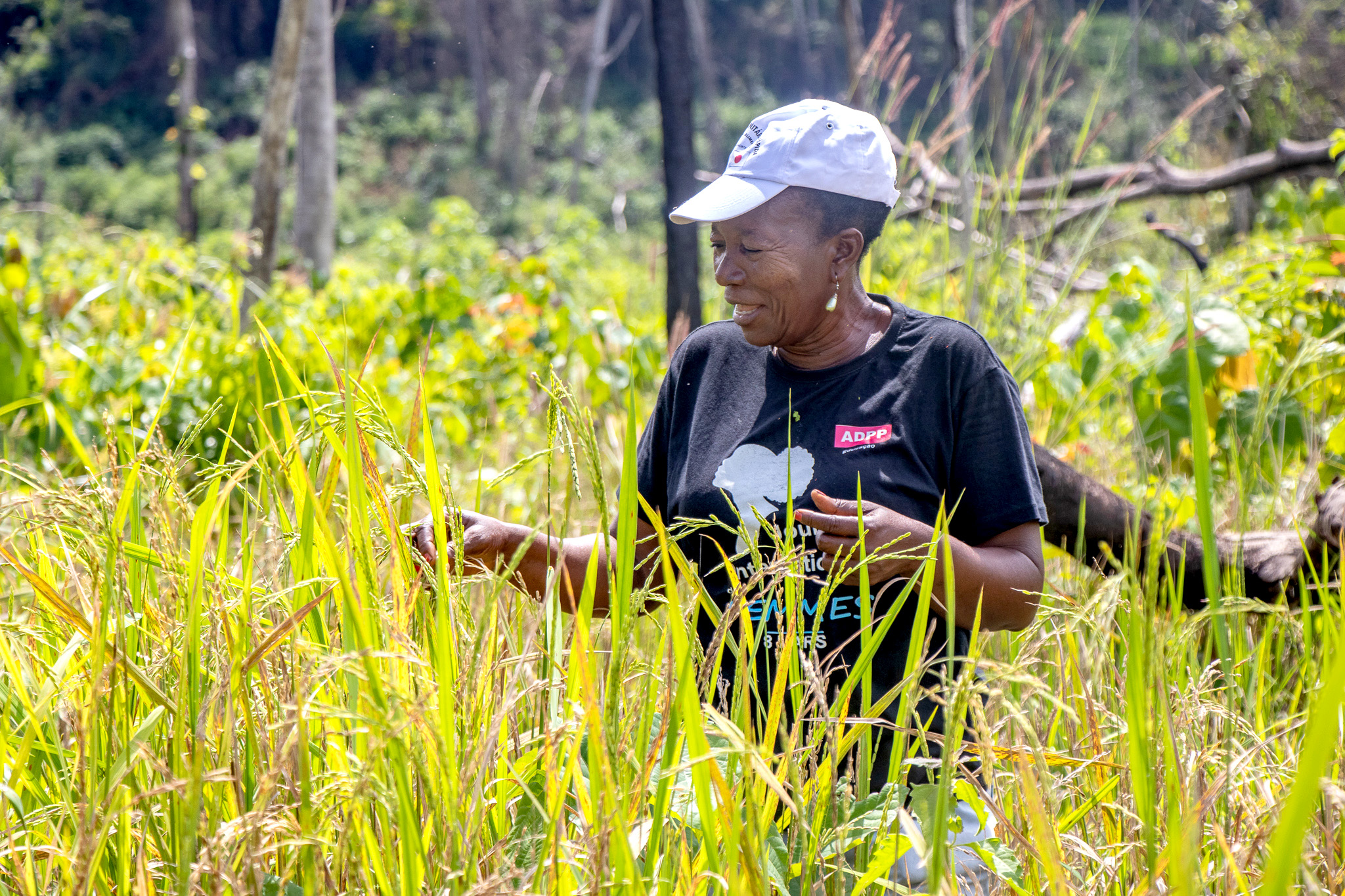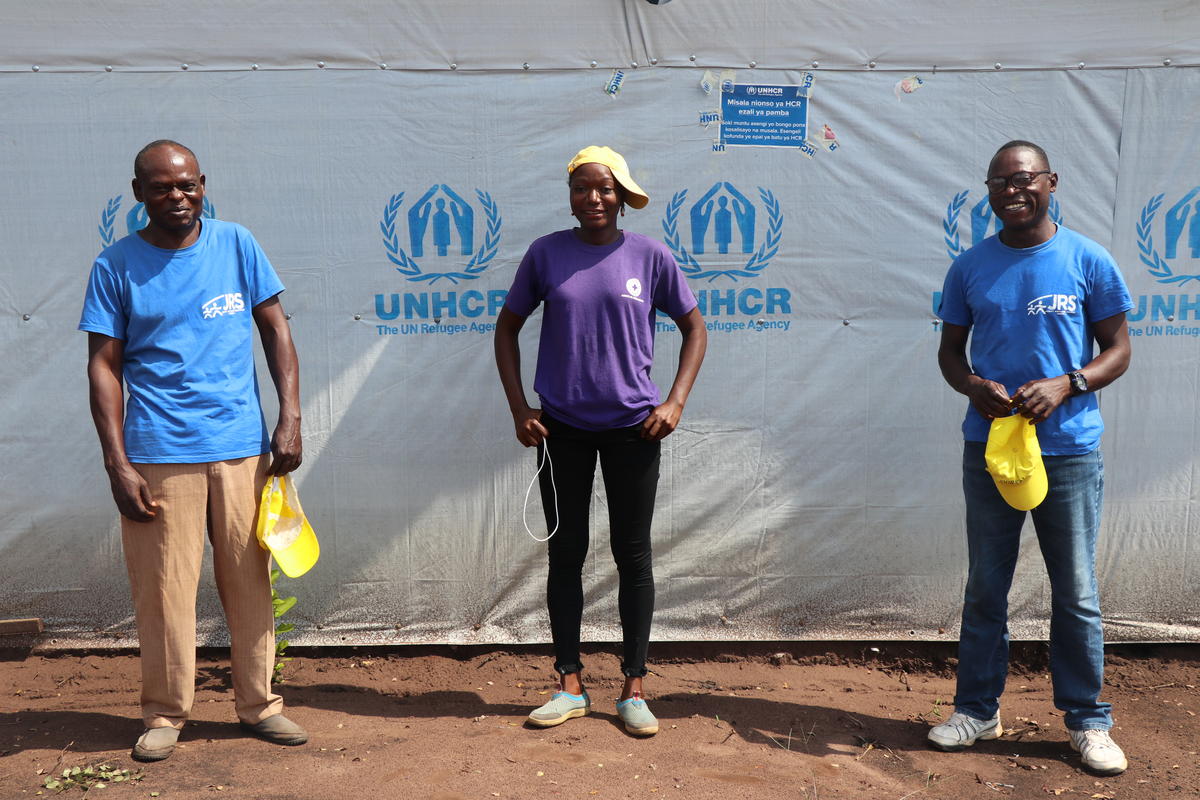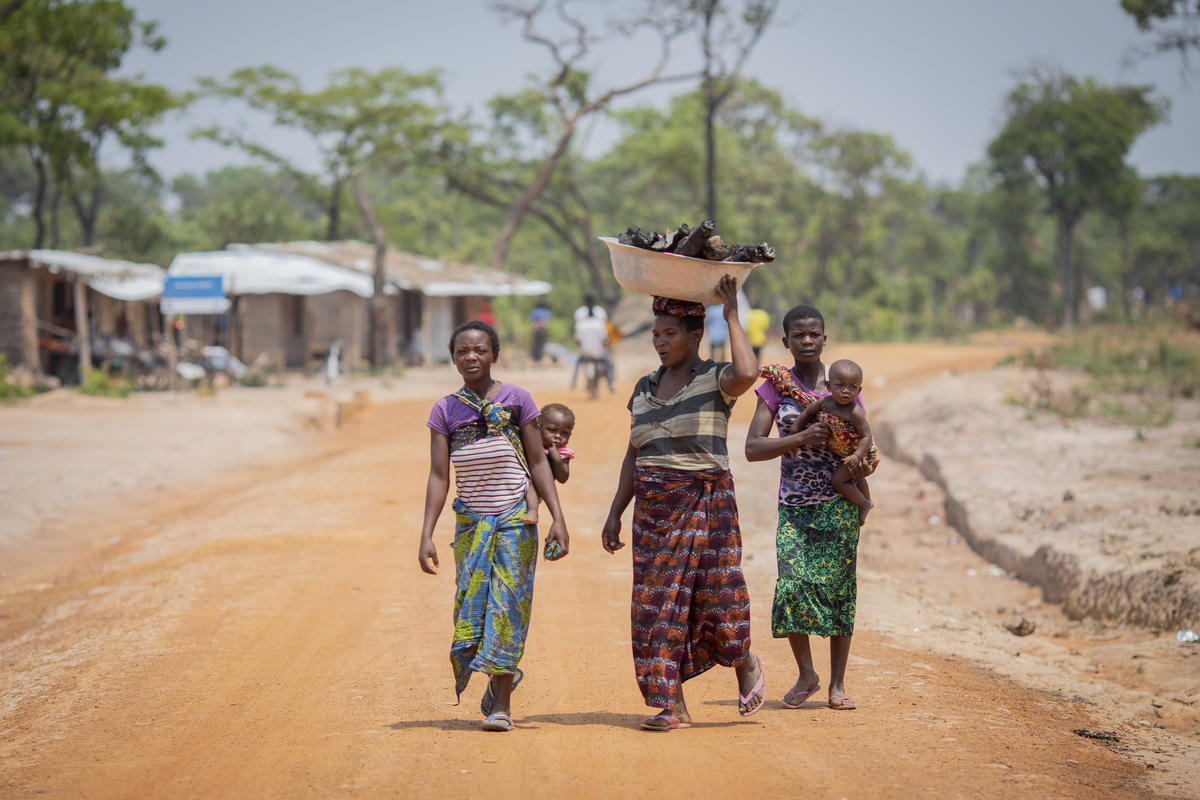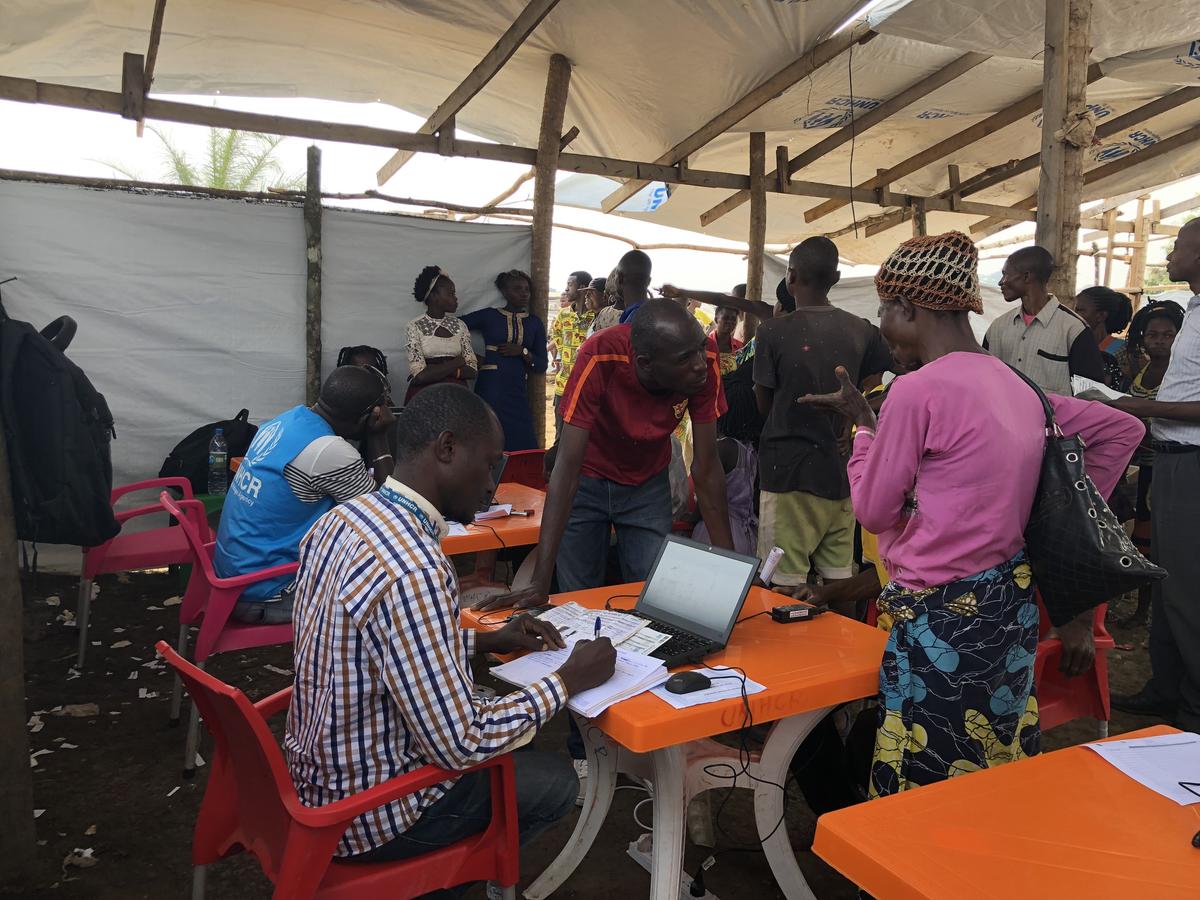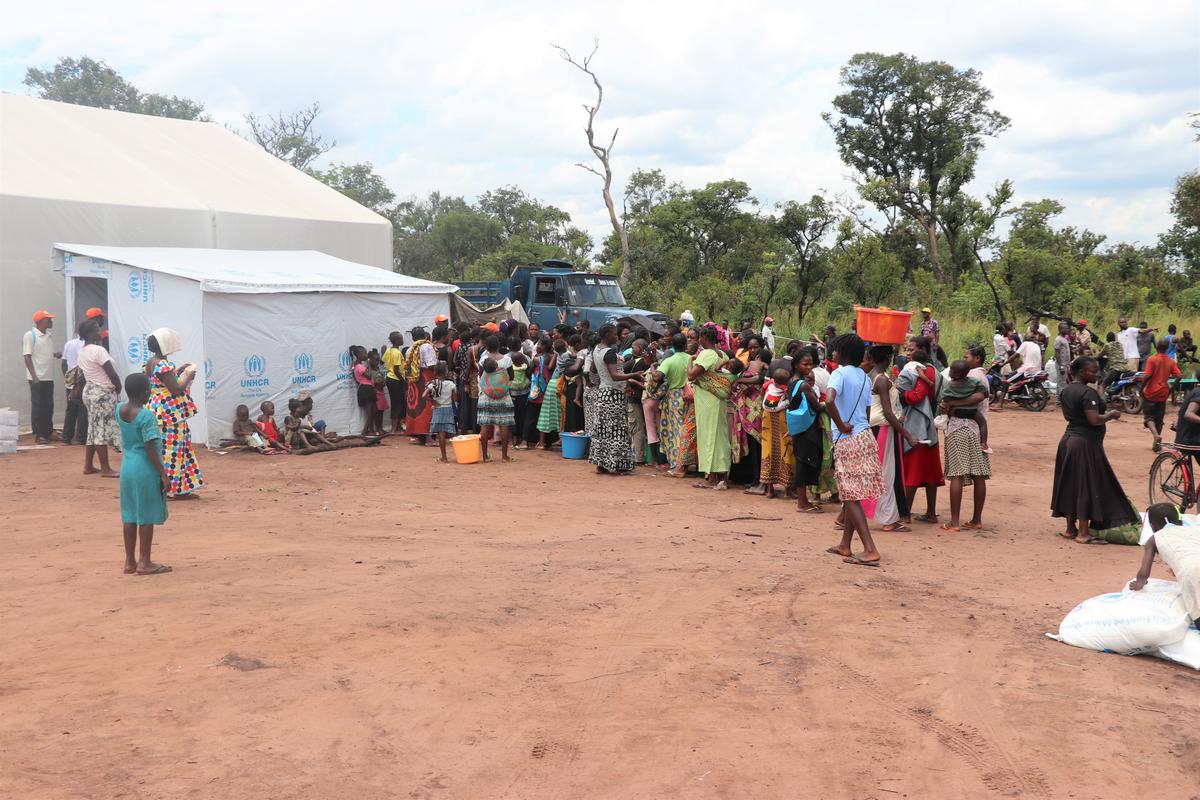Angola
Angola
Angola currently hosts about 57,000 refugees and asylum-seekers. This population is largely composed of DRC refugees and asylum-seekers, out of which 17% came during the 2017 mass influx from the Great Kasai. Other nationalities also compose the population of concern to UNHCR across Angola, such as Guineans, Ivorians, Mauritanians, Somalis, Sudanese, and Eritreans, totalizing about 50,000 living mostly in urban areas.
UNHCR in Angola works in full partnership, coordination, and dialogue with the Government, providing support to follow and develop policies and legislations consistent with global commitments related to refugees, asylum-seekers and stateless persons. Activities in Angola include supporting the Government in ensuring persons in need of international protection have unhindered access to territory and asylum, registration, documentation and refugee status determination.
UNHCR also provides humanitarian assistance to displaced populations and host communities to meet their basic needs and have full access to essential services and livelihoods opportunities. We continue our advocacy efforts to include refugees in development plans, and other key programmes carried out by Government and non-governmental stakeholders, UN sister Agencies and other International Organizations in Angola.
UNHCR has been present in Luanda, Angola for over 40 years, with a Field Office in Dundo since 2017.
Additional information
For information about our work in Angola:
Are you looking for data on displacement in Angola? Visit the UNHCR data portal for the latest data and statistics on refugees and other displaced persons.
For up-to-date information about our programmes and operations in Angola, including funding level and donor contributions, visit Global Focus, UNHCR's reporting portal.
For legislation, case law and UNHCR policy relating to claims for international protection, visit Refworld.



